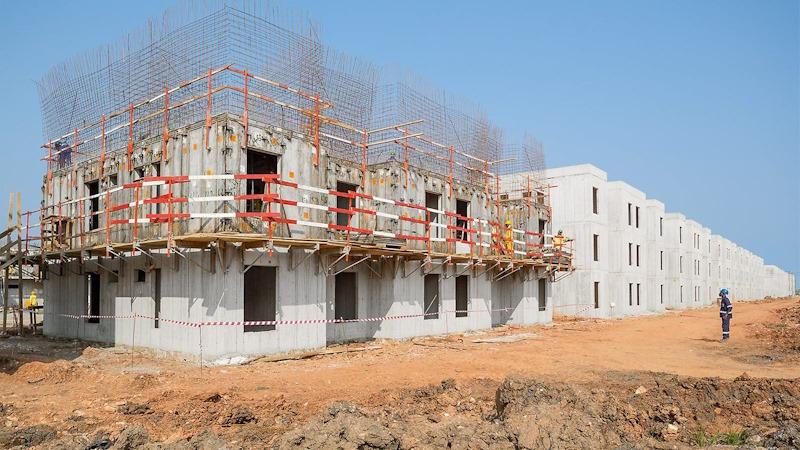What causes homelessness?
Several issues, insufficient affordable housing, low wages, poverty and unemployment are the biggest causes. Domestic violence very often adds children to that situation. Those who do experience homelessness usually live in temporary shelters, transitional housing, “couch surf” (bouncing from one friend’s place to another) or stay in places not safe for or even considered as housing (i.e. abandoned buildings, cars, wooded areas).
Sadly, there are thousands of homeless people here in New Hampshire; an accurate count is challenging to keep as not everyone can be accounted for. For a better idea of current statistics, click on this link Homelessness in New Hampshire: Shelters, resources, statistics (wmur.com)
The end of last month saw legislation passed unanimously in the United States Senate on a bill that would extend the loan window from two years to five years, for the United States Dept. of Agriculture’s (USDA) Section 524 Rural Housing site loan program. This program distributes loans to local and tribal governments in addition to non-profits. The loans aid in the purchase of land to then be sub-divided and developed into future building sites for those of low and moderate income. This bill will give a little more wiggle room and breathing space for borrowers. The bipartisan legislation was proposed by Sen. Jeanne Shaheen (D-NH), Sen. Amy Klobuchar (D-Mn) and Sen. Jerry Moran (R-Ks).
Additionally, Sen. Shaheen was instrumental, along with NH’s congressional delegation, in acquiring for our state, over $350 million in Emergency Rental Assistance Funds along with $50 million in Homeowner Assistance Funds.
On Jan. 31, a press release from Rep. Annie Kuster announced federal grants for NH organizations in the amount of $12,838,362. These particular organizations provide financial aid for housing and provide support services for those who are homeless. The grants are made available through the United States Dept. of Housing and Urban Development (HUD) Continuum of Care (CoC) Program, working with local and state governments and non-profits. Their goal is to rapidly (as possible) provide housing for domestic violence victims, families, individuals, sexual assault and stalking victims as well as young students.
Thanks to our elected officials in the House and Senate, along with policies put into place by the Biden administration, this federal funding will be beneficial for those who find themselves in need of safe, secure housing along with much needed resources.

